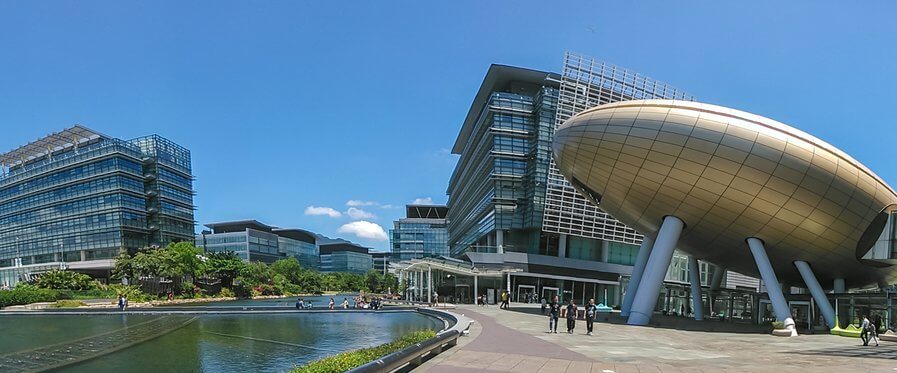
Hong Kong is trying to attract more tech companies to invest in the city. Source: Shutterstock
HK regulators finally embrace the digital economy
HONG KONG wants to make amends with tech companies. As a result, the government has recently revised its listing regulations to make it friendlier for tech companies to enter its capital markets.
This move came after Hong Kong lost out on various tech-related opportunities that could have propelled its economy.
According to the South China Morning Post (SCMP), current Chief Executive of Hong Kong, Carrie Lam Cheng Yuet-ngor, said in a press conference that the city aims to provide more support to tech companies, as well as nurture local talent.
Hong Kong saw two major missed chances when it failed to list Alibaba due to regulatory red-tape, as well as when DJI founder Wang Tao decided to move from Hong Kong to Shenzhen after being frustrated by the lack of government support and funding.
Ultimately, Alibaba was listed on the New York Stock Exchange. Meanwhile, DJI is now the world’s largest recreational drone maker.
In April 2018, the authorities finally rolled out new regulations on (stock exchange) listing, allowing applications from companies with dual-class shares.
For context, dual-class shares are commonly more favored amongst tech companies. The argument being that founders and company insiders would have a better idea of the long-term vision of the technology they are working on. Investors would have less understanding and tend to focus on short-term gains.
According to the SCMP, Lam said, “We are making listing rules more in step with the new economy [… ] because the world is changing and to stay competitive and on top, we need to continuously revisit our rules and regulations to adapt to the new changes.”
In addition to revising regulations, the Hong Kong government will ramp up efforts to retain and nurture local talents. DJI was a missed opportunity but it also reflects on Hong Kong’s high standards in research and education.
“Of course to translate research into practical technology applications, we need more support, whether it’s incubation support, venture capital or lab space,” explained Lam.
This is reflected in the city’s recent budget. An additional HK$50 billion (US$6.37 billion) is allocated to support innovation and development in biotechnology, artificial intelligence (AI), smart cities, and fintech.
Hong Kong’s involvement in the Greater Bay Area will also contribute towards efforts in nurturing talents. Fashioned after the San Francisco Bay Area, the hub links up southern cities in China, with Hong Kong and Macau.
The Greater Bay Area will provide tech companies with better access to research and development capabilities, venture capital, as well as manufacturing bases.
Adding to that, the recently announced Technology Talent Admission Scheme is also expected to attract skilled technology workers to Hong Kong. The three-year pilot aims to bring in talents in the field of biotechnology, artificial intelligence, cybersecurity, robotics, data analytics, financial technologies, and materials science.
Hong Kong may have shown its resolve to provide more support and opportunities for the tech industry, but whether they are too late on the boat remains to be seen.
READ MORE
- Strategies for Democratizing GenAI
- The criticality of endpoint management in cybersecurity and operations
- Ethical AI: The renewed importance of safeguarding data and customer privacy in Generative AI applications
- How Japan balances AI-driven opportunities with cybersecurity needs
- Deploying SASE: Benchmarking your approach




